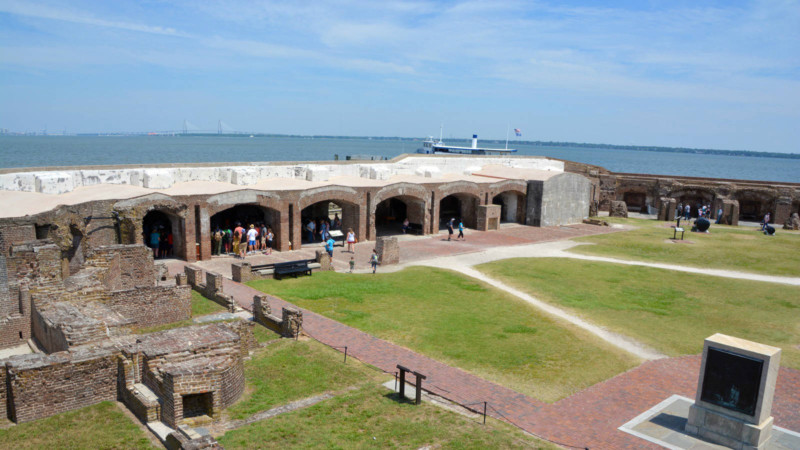As we approach the day we celebrate our Independence, a look at some of the battles that were important to it in the South are our focus. First up: Charleston 1776.
First let’s get the facts straight. The South was important in the Revolutionary War. There were both victories and defeats that changed the tide of the War.
In the South, the split between Patriots and Loyalists populations were much more even than they were for our cousins farther up the East coast. There weren’t just battles, there were a number of civil skirmishes as far away as Tennessee and Kentucky during this time.
Up to June 1776, there had been only small battles and skirmishes. The most significant of which had happened up in Kemp’s Landing in Virginia on November 17, 1775. Also known as the Skirmish of Kempsville, it was a British victory of small significance.
With both militias in the South recruiting heavily, tensions rose. Especially when British Loyalists were promising slaves owned by Patriots their freedom if they came and fought for the British.
The British were also in need of a deep sea port so they could bolster their Southern campaign, and Charleston,South Carolina had one that fit the bill. In June 1776, British Major General Sir Henry Clinton and Commodore Sir Peter Parker attempted to capture Charleston, the most critical port in the South, but were unable to take a half finished Fort Sullivan (which would become Fort Moultrie, named for the commander who led the successful defense) and take the city.
When the attack happened, the British encountered 2 problems: A channel to deep to wade and a beach that frankly didn’t do much for naval bombardment. Well, the beach and the spongy palmetto wood that was being used to construct their half finished fort.
The British turned tail and ran back to New York. Clinton would return and attempt again, with more success in 1780.
Next: Savannah, Georgia 1778





